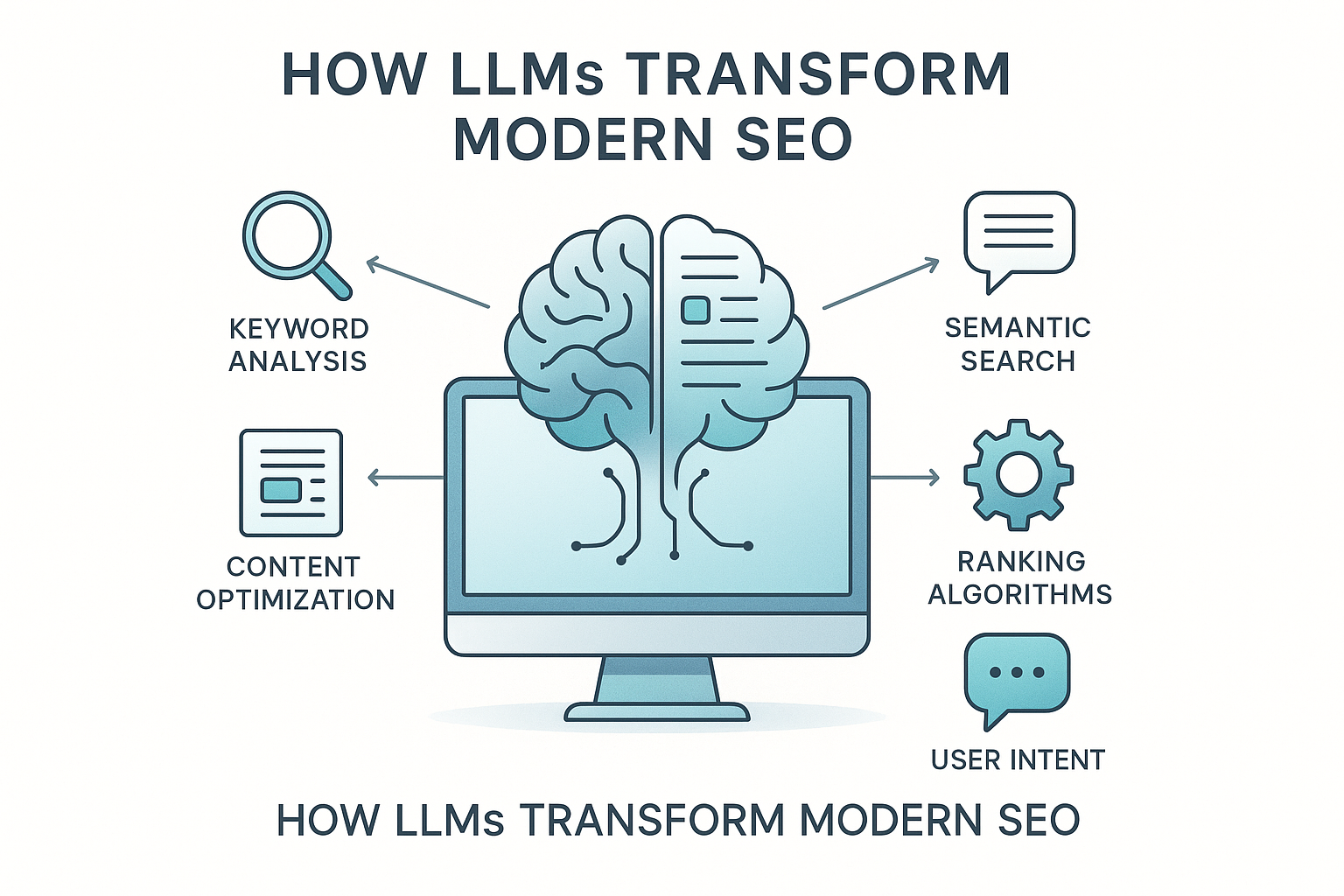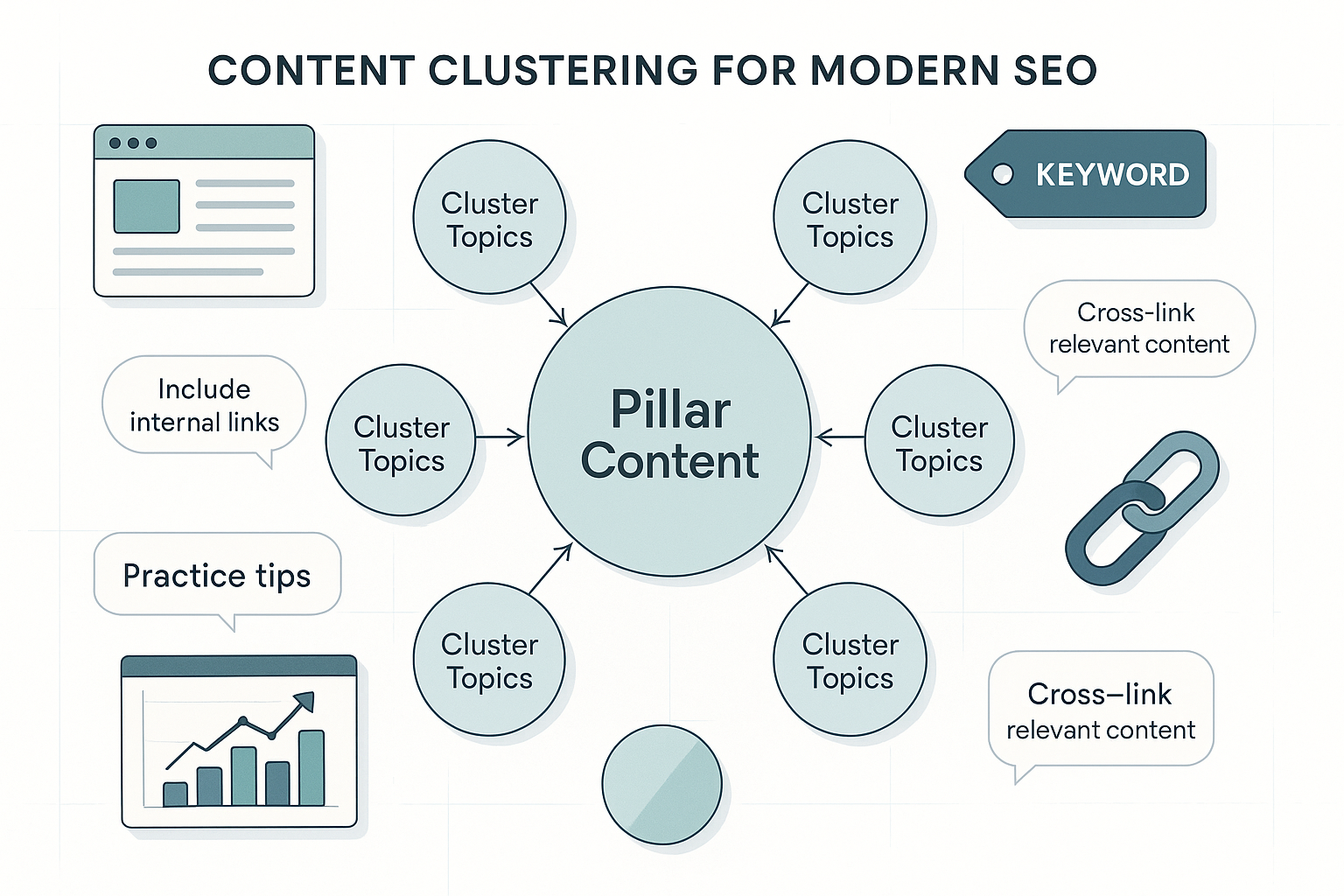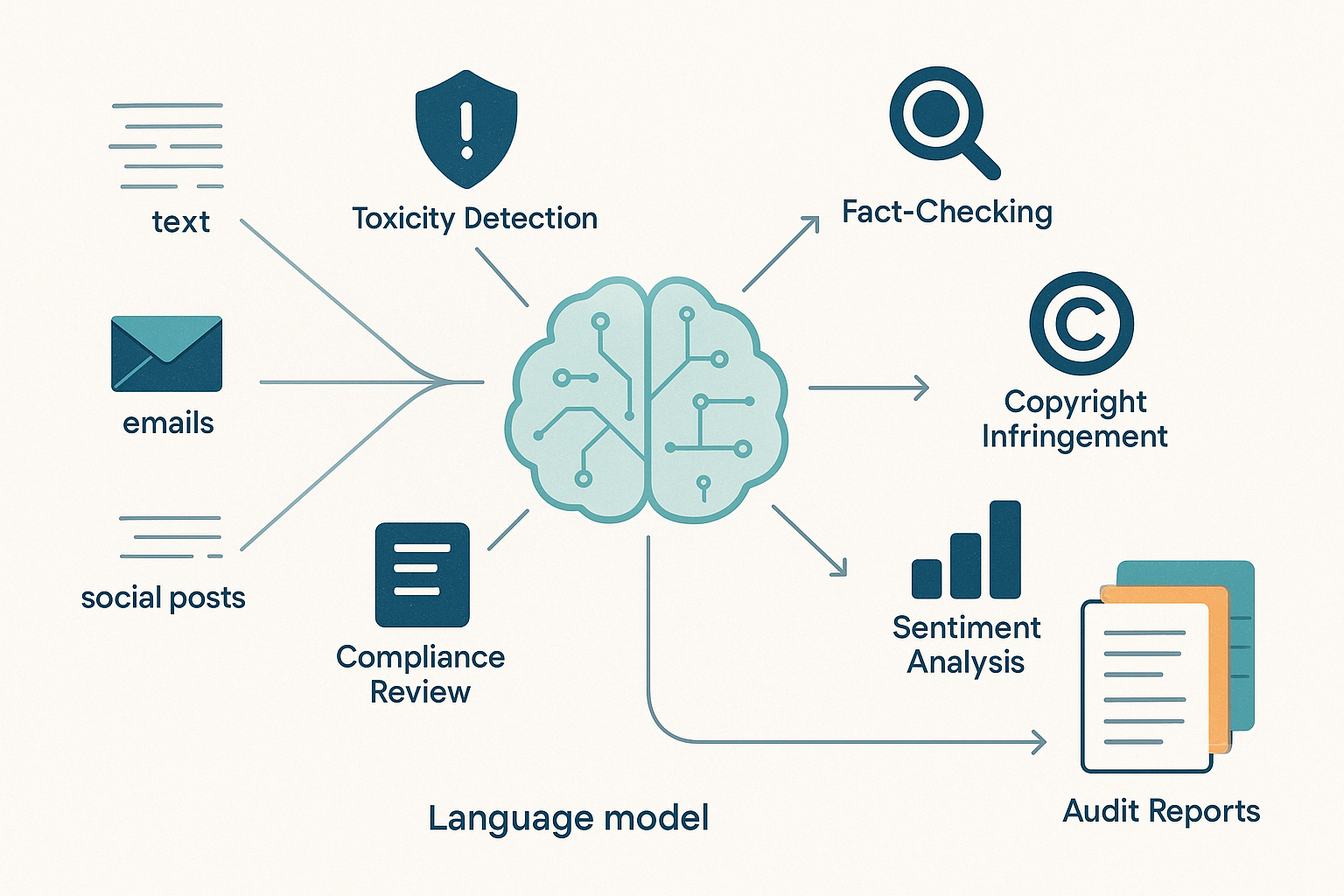Advanced on page SEO made simple.
Powered by POP Rank Engine™
Includes AI Writer
7-day refund guarantee
Generative AI refers to a class of artificial intelligence algorithms that generate new content by learning patterns from existing data. Unlike traditional AI, which relies on predefined rules and logic, generative AI models, such as GPT-4, create novel outputs, including text, images, and even music. These models are trained on vast datasets and leverage deep learning techniques to produce human-like content.
Which is the best LLM for SEO content?
Get the full rankings & analysis from our study of the 10 best LLM for SEO Content Writing in 2026 FREE!

- Get the complete Gsheet report from our study
- Includes ChatGPT, Gemini, DeepSeek, Claude, Perplexity, Llama & more
- Includes ratings for all on-page SEO factors
- See how the LLM you use stacks up
How Generative AI is Transforming SEO
Now that you know what is Generative AI and why it is revolutionizing SEO strategies by enhancing content creation, keyword optimization, and user engagement. Here’s a closer look at how generative AI is transforming SEO:
1. Content Creation
a. Efficient Content Generation:
Generative AI enables marketers to create high-quality content quickly and efficiently. AI-powered tools can draft blog posts, articles, and web pages, reducing the time and effort required for manual content creation. This allows businesses to maintain a consistent content schedule, which is crucial for improving search engine rankings. Artificial Intelligence can create original content such as ranking in search engine portals and engage users easily.
b. Personalized Content:
AI learning models can analyze user behavior and preferences to generate personalized content tailored to individual users. Personalized content enhances user experience, leading to higher engagement rates and lower bounce rates, which positively impact SEO rankings.
c. Multilingual Content:
Generative AI models can produce content in multiple languages, helping businesses reach a global audience. This capability is particularly beneficial for companies looking to expand their international presence and improve their SEO performance in different regions.
2. Keyword Optimization
a. Keyword Research:
Generative AI models and tools can analyze vast amounts of data to identify relevant keywords and phrases. These tools provide insights into trending topics, search volumes, and keyword competitiveness, enabling marketers to select the most effective keywords for their content.
b. Semantic SEO:
AI models understand the context and semantics of keywords, allowing for more natural and comprehensive keyword integration. This approach aligns with search engine algorithms that prioritize content relevance and user intent over keyword density.
c. Long-tail Keywords:
Generative AI can generate long-tail keywords, which are more specific and less competitive than short-tail keywords. Incorporating long-tail keywords into content helps attract targeted traffic and improves the chances of ranking higher for niche queries.
3. User Engagement and Experience
a. Enhanced User Interaction:
AI-powered chatbots and virtual assistants can engage with users in real-time, answering queries and providing personalized recommendations. These interactive elements improve user experience and encourage longer site visits, which are positive signals for search engines.
b. Content Recommendations:
Generative AI models can analyze user behavior to suggest relevant content, keeping users engaged and on the site for longer periods. Increased dwell time and lower bounce rates contribute to better SEO performance.
c. Visual Content:
AI can generate high-quality images and videos, which enhance the visual appeal of web pages. Engaging visual content attracts more users, increases social shares, and improves overall site metrics, all of which are beneficial for SEO.
Practical Applications of Generative AI in SEO Models
1. Automated Content Creation
Businesses can use generative AI models to automate content creation for blogs, social media, and email marketing campaigns. For instance, AI can draft product descriptions, generate social media posts, and create email newsletters, ensuring a consistent flow of fresh content.
2. Dynamic Content Updates
Generative AI models can update website content dynamically based on real-time data and user interactions. This capability ensures that content remains relevant and up-to-date, improving user satisfaction and search engine rankings.
3. Voice Search Optimization
With the rise of voice search, optimizing content for voice queries is essential. Generative Artificial Intelligence can create conversational content that aligns with natural language patterns, making it more likely to appear in voice search results.
4. A/B Testing and Content Optimization
AI-powered tools can conduct A/B testing to determine the most effective content variations. By analyzing user responses, AI models can identify the best-performing content and optimize it for better SEO outcomes.
Which is the best LLM for SEO content?
Get the full rankings & analysis from our study of the 10 best LLM for SEO Content Writing in 2026 FREE!

- Get the complete Gsheet report from our study
- Includes ChatGPT, Gemini, DeepSeek, Claude, Perplexity, Llama & more
- Includes ratings for all on-page SEO factors
- See how the LLM you use stacks up
Challenges and Considerations
While generative AI offers numerous benefits for SEO, it also presents certain challenges:
1. Quality Control
Automated content generation requires careful oversight to ensure accuracy and quality. Businesses must review and edit AI-generated content to maintain high standards and avoid potential errors.
2. Ethical Concerns
The use of AI in content creation raises ethical questions about originality and authenticity. It’s essential to ensure that AI-generated content is used responsibly and transparently, with appropriate credit given where necessary.
3. Algorithm Updates
Search engine algorithms are constantly evolving, and AI-generated content must adapt to these changes. Businesses should stay informed about algorithm updates and adjust their SEO strategies accordingly to maintain their rankings.
Conclusion
Generative AI is transforming SEO strategies by streamlining content creation, enhancing keyword optimization, and improving user engagement. By leveraging AI-powered tools, businesses can create personalized, high-quality content that resonates with their audience and ranks well in search engine results. However, it’s crucial to address the challenges and ethical considerations associated with AI to fully realize its potential in revolutionizing SEO. As generative AI continues to evolve, its impact on SEO is likely to grow, offering new opportunities for businesses to enhance their online presence and achieve their marketing goals.







